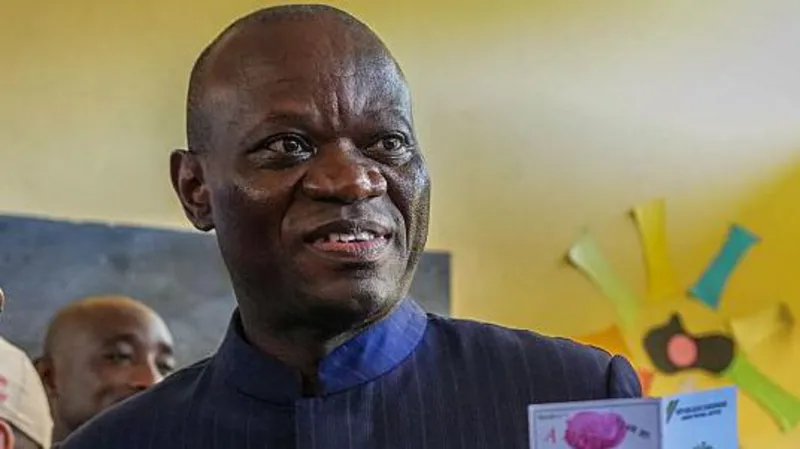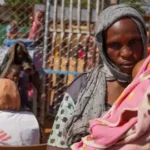In a stunning political turnaround that has captivated the world, Gabon’s coup leader, General Brice Oligui Nguema, has emerged victorious in the recently held presidential election. Official results indicate that Nguema won by a significant margin, signaling a robust endorsement from the Gabonese populace amid a backdrop of political turbulence.
A Run-Up to Change: The Context of the Coup
The coup that brought Nguema to power in August 2024 was rooted in widespread discontent over long-standing governance issues in the oil-rich nation. The military seized control from President Ali Bongo Ondimba, who had been in power for over 14 years, citing “widespread corruption, mismanagement, and electoral fraud.” This move received mixed reactions, with some viewing it as a necessary step to restore democracy, while others condemned it as an infringement on democratic norms.
The coup leader promised a return to constitutional order and fair governance, vowing to restore faith in Gabon’s political system. Nguema’s campaign capitalized on the optimism and desire for change among the citizenry, presenting a stark contrast to the Bongo administration that had come to symbolize stagnation.
Electoral Success: An Unprecedented Margin
The elections held in early April 2025 saw a remarkable turnout, with over 90% of eligible voters casting their ballots. According to the National Electoral Center, Nguema garnered an astonishing 78% of the votes, defeating his closest rival, who secured just 12%. This overwhelming mandate reflects a seismic shift in the political landscape, as many Gabonese citizens rallied around the notion of change championed by the new leader.
Analysts attribute this victory not only to public support but also to Nguema’s strategic campaign, which focused on issues such as economic reform, social services, and fighting corruption. His promises resonated with voters disillusioned by years of mismanagement, leading to a broad coalition of support across various demographic groups.
Public Sentiment and International Reaction
Public sentiment in the aftermath of the elections seems overwhelmingly favorable towards Nguema. Many citizens expressed relief and optimism, believing that he represents a break from the past. The streets of Libreville erupted in celebration as news of the electoral results spread, illustrating a collective surge in hope for a brighter future.
Internationally, reactions have been mixed. While some Western nations have expressed concern over the military’s initial seizure of power, others have acknowledged the electoral outcome as a reflection of the Gabonese people’s will. Regional neighbors and organizations, such as the Economic Community of Central African States (CEEAC), have called for continued dialogue and support for democratic processes in Gabon.
Challenges Ahead
Despite this overwhelming victory, Nguema now faces the daunting task of governing a nation with deep-rooted challenges. Issues such as economic inequality, infrastructural deficits, and the need for national reconciliation will require decisive and inclusive governance. Nguema’s ability to translate electoral support into tangible progress will be critical in determining his long-term standing and the stability of his government.
In conclusion, General Brice Oligui Nguema’s unexpected rise to power and electoral victory marks a transformative moment in Gabon’s political saga. As the nation grapples with the truths of its past and looks towards an uncertain future, the eyes of the world remain attuned to how this new leadership unfolds and whether it can deliver on the promises of governance, stability, and progress.
Email Us on editorial@nnafrica.com













